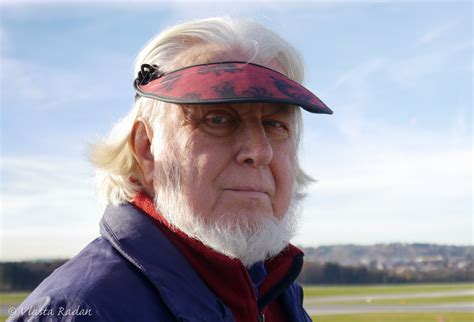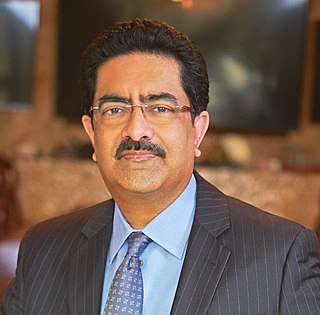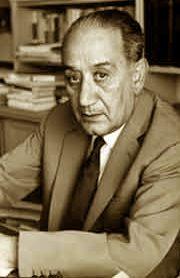A Quote by Friedrich August von Hayek
Capitalism created the possibility of employment.
Quote Topics
Related Quotes
In the US after the Great Depression, they invested heavily in infrastructure to create a lot of employment. In Germany after the war there was the Marshall plan for roads, rail, housing, energy, water and so on. That created massive employment after the devastation of the war and helped them to rebuild the country.
God created the possibility of evil; people actualized that potentiality. The source of evil is not God's power but mankind's freedom. Even an all-powerful God could not have created a world in which people had genuine freedom and yet there was no potentiality for sin, because our freedom includes the possibility of sin within its own meaning.
Capitalism has created the highest standard of living ever known on earth. The evidence is incontrovertible. The contrast between West and East Berlin is the latest demonstration, like a laboratory experiment for all to see. Yet those who are loudest in proclaiming their desire to eliminate poverty are loudest in denouncing capitalism. Man's well-being is not their goal.
In 1992, the federal Government actually issued more work authorizations to immigrants and temporary foreign workers than the net number of new jobs created by our economy. Something is fundamentally wrong when we have millions of American citizens and legal residents begging for jobs, and yet we are admitting thousands and thousands of immigrants a year with virtually no consideration to our employment needs or their employment skills.
The sin of capitalism, perhaps, is to make wants feel like needs, to give to simple silly stuff the urgency of near-physical necessity: I must have it. The grace of capitalism is to make wants feel like hopes, so that material objects and stuff can feel like the possibility of something heroic and civic.
There's a real difference between venture capitalism and vulture capitalism. Venture capitalism we like. Vulture capitalism, no. And the fact of the matter is that he's going to have to face up to this at some time or another, and South Carolina is as good a place to draw that line in the sand as any.





































